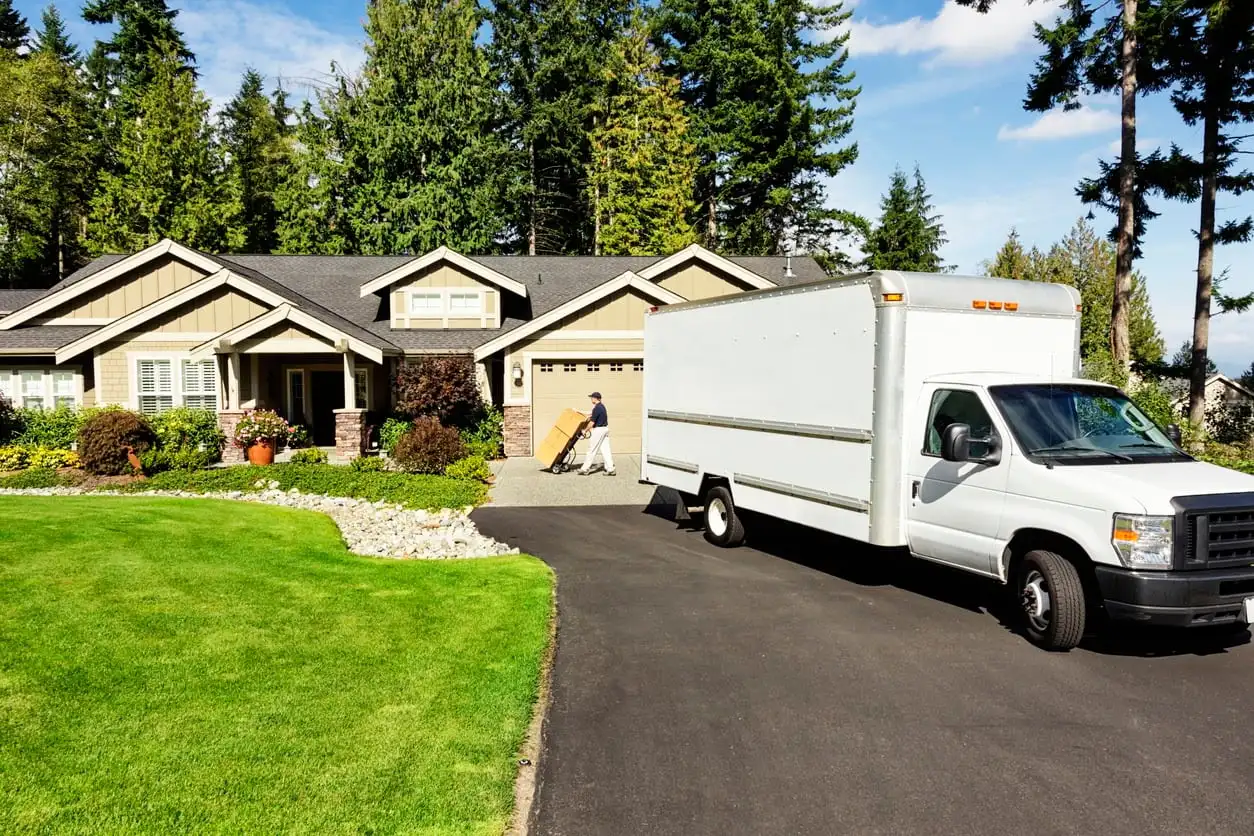Moving for your job in the armed forces — and dealing with all the paperwork, including the Internal Revenue Service (IRS) Form 3903 that goes with it — can be incredibly stressful. You may have a lot of expenses wrapped up in moving, like hiring a team of movers, renting a truck, and cleaning your old place to move into a new one. Many people worry they won’t be able to afford the process, or that it will end up being more expensive than they initially planned.
Being able to claim those moving expenses on your taxes can help significantly decrease the stress associated with the moving process. Do you know how to fill out Form 3903 to claim your moving expenses and recoup some of your costs? This quick guide will show you the ropes.
What Is IRS Form 3903?
Form 3903 helps members of the Armed Forces, who often relocate based on orders rather than personal choice, recoup some of the costs associated with moving. As of 2017, only members of the Armed Forces can claim such deductions on their taxes.

That includes costs related to a permanent change of station, like from home to the first active duty post, from one permanent post of duty to another, or back home or to another location within the United States once their service term ends.
Who Can Fill Out IRS Form 3903?
Only members of the Armed Forces, their spouses, and their dependents can claim expenses associated with a move related to a permanent change of station on their federal taxes. The spouse will usually fill out the form alongside the service member when filling out their taxes for the next year, but may need to do so independently if:
- The service member deserts
- A service member dies
- The service member is imprisoned
In those cases, the service member’s dependents can fill out Form 3903 when moving to their home of record, the service member’s place of enlistment, or a nearer point within the U.S.
3 Tips for Filling Out Form 3903
Form 3903 includes information about all your expenses related to a military move. It contains lines for specific expenses you will need to calculate carefully to fill the form out correctly. You should not use Form 3903 for reimbursed expenses or those covered directly by the military, but you can use it to cover the expenses the military does not factor into your tax return or reimbursement. These may include:
1. Transportation and Storage of Household Goods
You may have more goods than are covered in a general military move, or may choose to handle those expenses on your own upfront and seek reimbursement after a distance test. In many cases, military families must store their goods for a time before they can move into a new home and workplace, especially if they’re waiting for base housing to open up or need an extended stay in temporary housing. You may also need to store your goods for a time after a move out of the country, especially if those items arrive before you do. Include unreimbursed storage and transportation expenses on the first line of Form 3903.
2. Travel, Including the Cost of Lodging
Travel expenses can mount quickly during a move, especially if you have a long way to go. You may need to move your personal vehicles across the country, leading to high gas costs if you choose to drive them yourself. You must then factor in the cost of transporting all the members of your family from your old home. Travel expenses may include:
- Stays in a hotel or at a campground
- Gas
- Plane tickets to the new location from your former home
- Toll fees

You should not include the cost of meals as part of this section of Form 3903. Your family will not receive reimbursement for meals eaten on the road, which means you may need to budget those expenses carefully until the start of work.
3. Dealing With More Than One Move in the Same Calendar Year
If you went through more than one military move in the same calendar year, you may need to file a Form 3903 for each move. You should not calculate expenses for multiple moves on the same form. Contact a trusted tax advisor for more information about how to handle multiple moves in a single calendar year.
The Benefits of Working With a Trusted Tax Advisor
Working with an experienced tax advisor can help filers gain a better understanding of the reimbursements they deserve following their military moves, including a full evaluation of the expenses faced along the way. He or she can also provide valuable information about when you have the right to file Form 3903, especially if you are a military dependent wondering whether you can take advantage of that reimbursement.
If you need to fill out Form 3903 following a military move, or you have more questions about what reimbursement you deserve, we can help. Contact Silver Tax Group today to discuss your IRS Form 3903 questions, or to speak with a tax professional about other tax-related, like income tax, questions you might have. Or, visit www.irs.gov to learn more about the total amount of your taxable income.





